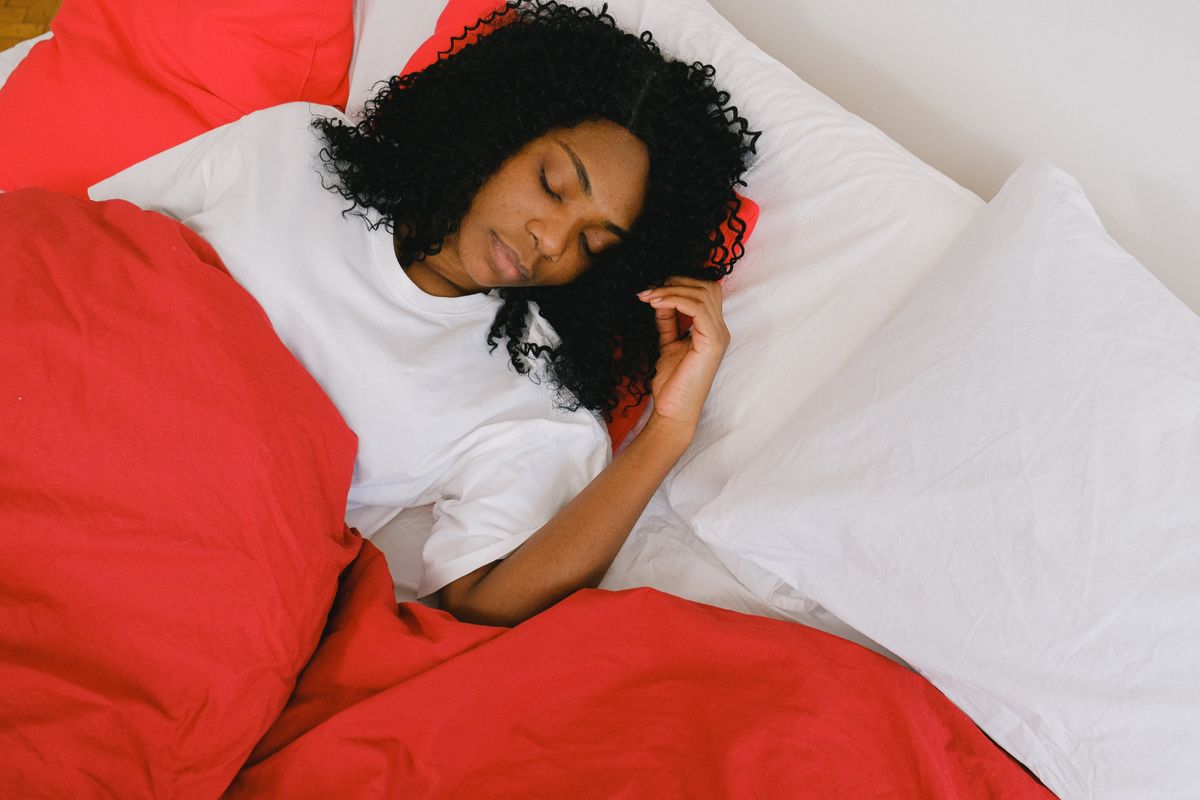Your sleep quality can be affected by your gut health
There are a lot of contributing factors to sleep quality – and many of them are still scientific mysteries.

A few minutes every morning is all you need.
Stay up to date on the world's Headlines and Human Stories. It's fun, it's factual, it's fluff-free.
There are a lot of contributing factors to sleep quality – and many of them are still scientific mysteries. You probably know the basics for trying to get a good night of sleep – keep a regular sleep schedule, reduce screen time, manage your stress levels, eat right and exercise, etc. But did you know that there are links between your gut health and your sleep health?
This is a relatively new field of research, but scientists have been paying more attention to the link between gut health and sleep quality in humans. In fact, there’s been more scientific interest in the gut microbiome and sleep quality. Your digestive system contains a lot of helpful bacteria and microorganisms, which is why it’s so important to consume foods rich in probiotics and prebiotics. All that bacteria doesn’t only affect the way you digest food, but it also affects our brains.
“The microbiome appears to interact directly with the brain. We know this from certain psychiatric diseases, where the microbiome influences brain metabolism and mood,” explains Andrew Goldberg, a professor at the University of California, San Francisco, who studies nose and throat conditions.
Most of the experimentation on this subject has been done on animals, but the results show a correlation between healthy microbiomes and healthy sleep patterns. Some new research shows that by manipulating the gut microbiome, we may be able to treat certain types of sleep apnea.
In 2020, a paper on gut health and sleep was published by Harvard University, with this one focused on the gut’s oxygen levels. Dragana Rogulja, an associate professor of neurobiology at the Blavatnik Institute at Harvard Medical School, recalls: “We found that in the gut, there was an increase in oxidizing molecules, and the peak of oxidation correlated with the inflection point where the flies started to die. We confirmed this finding in sleep-deprived mice. But when we gave sleep-deprived flies antioxidants or turned on antioxidant-producing genes in the gut, we found the flies could survive on little or no sleep, suggesting that the gut is a really important target of sleep.
“Our findings suggest that if we can prevent oxidation in the gut, we might be able to counteract the effect of losing sleep,” Rogulja concluded.




Comments ()